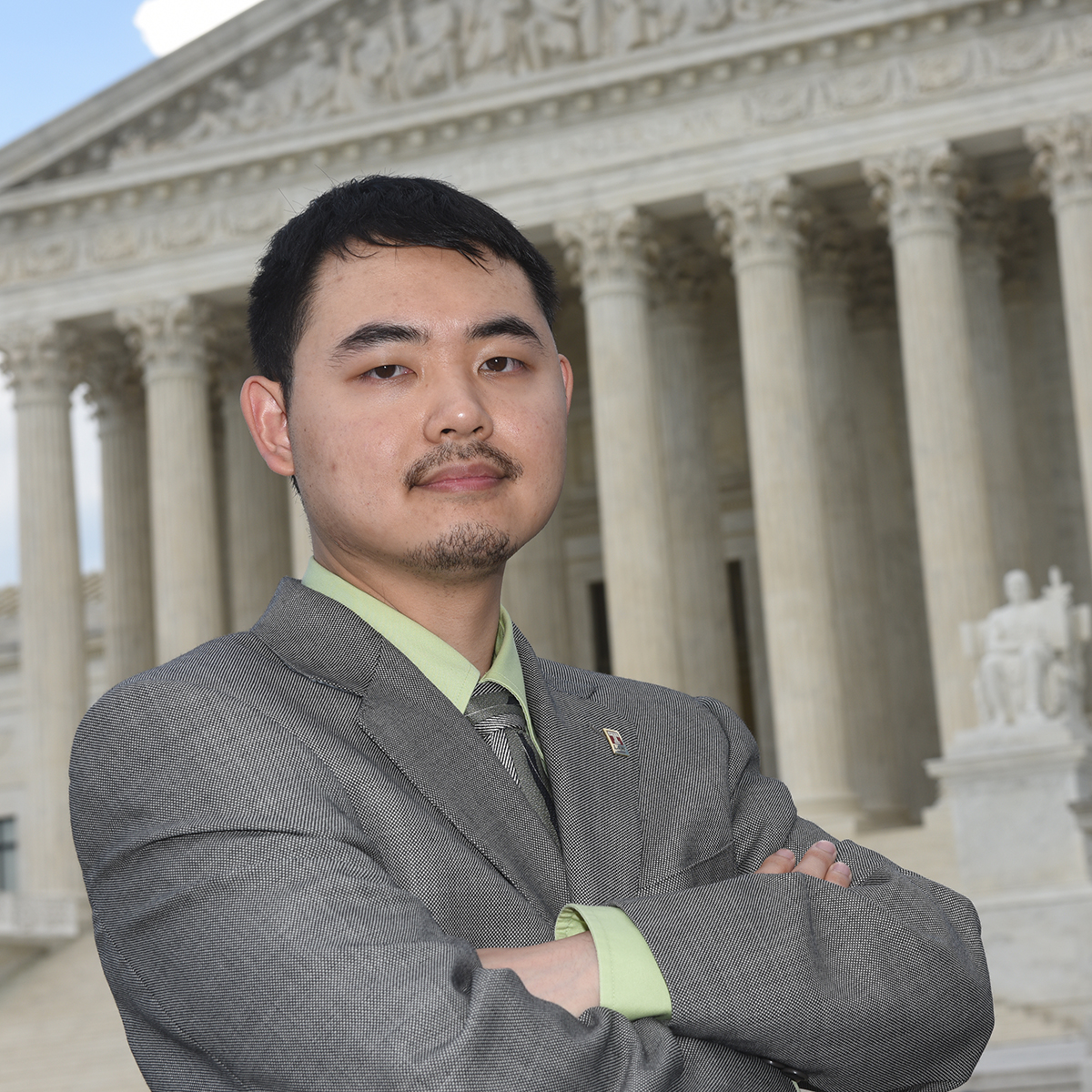Marutani Fellowship Essay
 Fellowship at the Sheetmetal Workers' Union Local 19
Fellowship at the Sheetmetal Workers' Union Local 19
Chris Lin
This past summer, the Marutani Fellowship helped fund my service as a Peggy Browning Fellow with the Sheetmetal Workers’ Union Local 19 in Philadelphia. The Peggy Browning Fellowship is the most prestigious labor law fellowship, and as I have dedicated myself to public service I saw it as an invaluable opportunity to learn more about today’s labor movement. While our society today is faced with a myriad of issues, the ability of the people to respond is hindered if families and individuals do not have basic economic security and greater economic power. Unions are central to the fight for both.
Most of the work this summer focused on investigating potential prevailing wage violations in Pennsylvania and New Jersey. For public works projects of sufficient economic value, these states require contractors to pay employees of certain classes state-determined wages, regardless of whether they are unionized. While statutory violations are supposed to be enforced by the state departments of labor, unfortunately they are understaffed so it is difficult for them to actively seek out new cases. This is where I stepped in. I would search public and industry databases for awarded public works contracts that would be covered by the law, cross reference the winning bidders with our list of known repeat offenders, and file right-to-know requests with the public agency holding the contract for all payroll records submitted by the contractor. I would then review those records for suspicious activity,
In addition to these duties, I was able to observe some of the other work that labor law attorneys perform on behalf of unions. My legal work was supervised by Martin (Marty) Milz of Spear Wilderman, the former employee-side labor law firm of Peggy Browning herself. Marty invited me along to observe contractual negotiations in mediation, as well as witness preparations for National Labor Review Board hearings. I also observed the discussion of potential grievances with employers. The union organizers invited me to observe direct contractual negotiations between them and employers. Finally, I researched potential legal issues that may affect our union members and the employers we work with.
During a time when labor movements often appear to be under siege, even from the Supreme Court of the United States, this summer was an important introduction to labor law. I gained valuable insight in seeing how today’s economic and regulatory environments affect both employers and employees. This practical experience, combined with a class on the weaknesses of current labor law this fall semester, will better prepare me in my preferred future role as a policymaker to understand how best to empower workers. At a time of great transition across our society, innovative thinking will be required to bring our legal system into the 21st century. By understanding firsthand the difficulties in applying law established in the 1930’s to the modern age, I will be placed to lead today’s fights for a stronger, more equitable economy.
